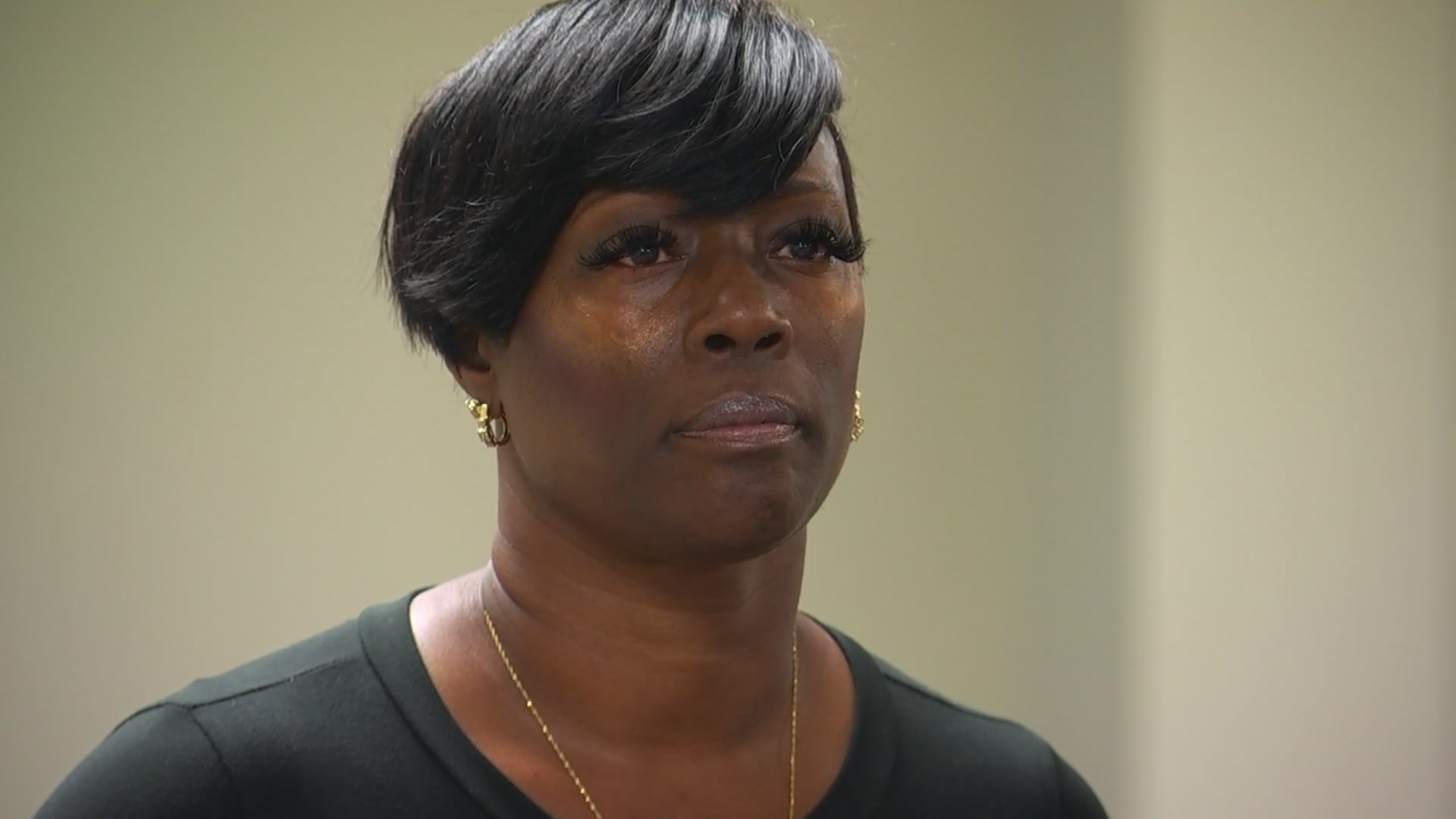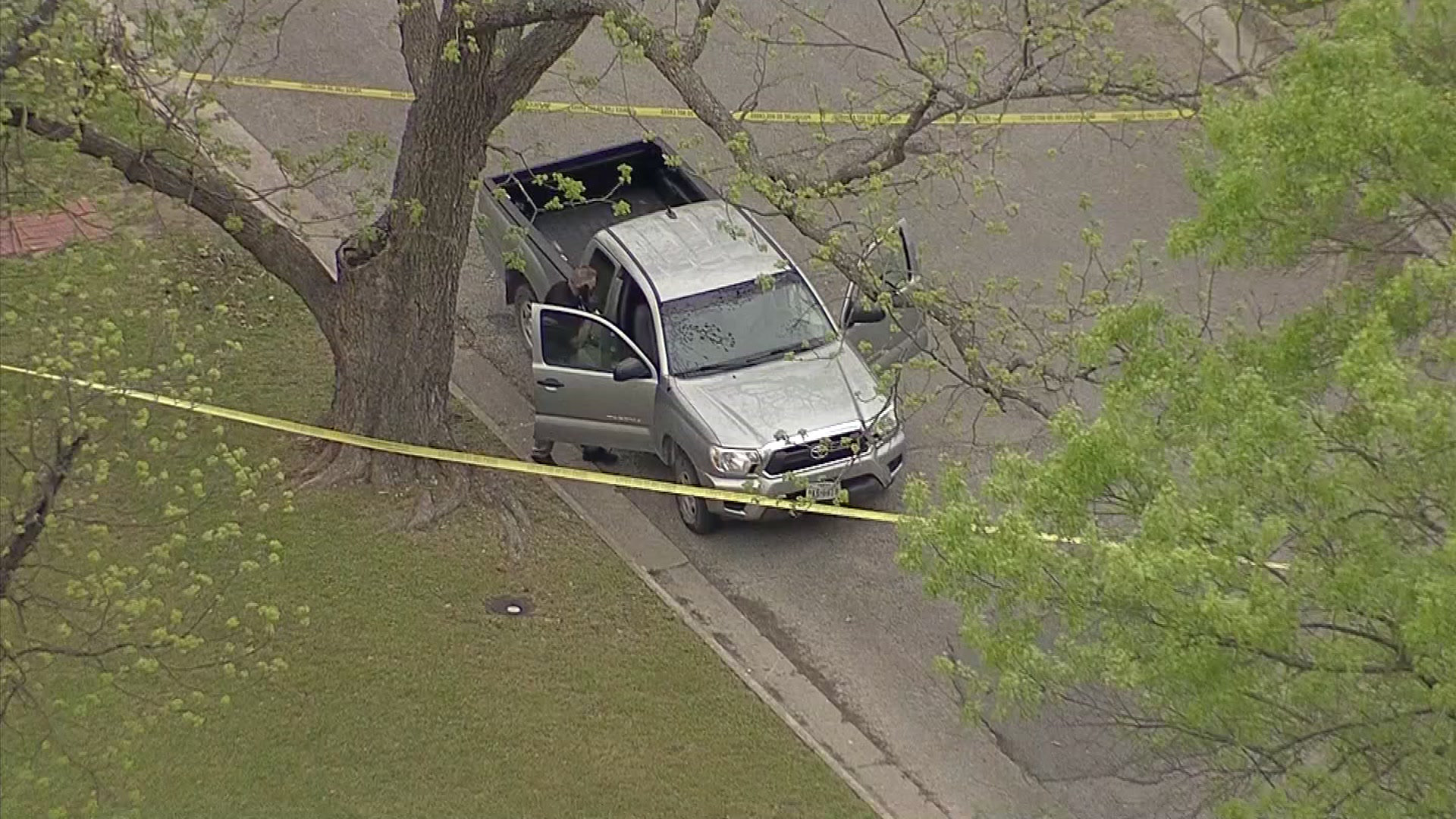A rare form of cancer acts just like a sinus infection but can be aggressive and deadly.
About 12 million Americans have allergy and sinus problems, but sinus cancer is rare.
Dr. Pete Batra, an ear, nose and throat specialist at UT Southwestern, said about one in every 100,000 people are diagnosed with sinus cancer every year. But Batra said he sees four or five cases every week.
"They're often healthy people who are just going about their business and, all of a sudden, develop nasal blockage or develop nasal bleeding and, all of a sudden, they have this extensive tumor and everything else comes to a screeching halt," he said.
Batra said people should look for progressive nasal blockage that is not relieved by medications, severe pain or headaches, nasal bleeding and a change in vision, especially double vision.
He said patients should see an ENT who has sophisticated scans and scopes if the symptoms persist.
"Many of these patients can have involvement in the brain," Batra said. "I've seen these tumors go clear into the eye, so there can be some serious dire consequences for delaying diagnosis."
Local
The latest news from around North Texas.
Melinda Sanker said her fight with sinus cancer started with what she thought was a sinus infection -- trouble breathing, pressure in her face and headaches.
"Then it wasn't getting any better, so I went back and again," she said. "We did steroids and antibiotics for a while and, then one morning I woke up, and I could visibly see something in my nose. I didn't know what it was."
A second opinion by Batra revealed it was a malignant polyp.
"You expect breast cancer if that runs in your family, but you never expect someone to say you have sinus cancer at 41 years old," Sanker said.
But she was lucky. The cancer had not spread to her brain or eyes. Surgery removed the tumor, radiation followed and then chemotherapy every other week for six weeks.
"My skin became raw and burned -- my whole neck area, because they radiated my lymph nodes in my neck," Sanker said.
She is now cancer-free and hoping to regain her sense of smell. But Sanker said she is thankful to be alive.
"You've got to be on top of it, and if you don't get the diagnosis that you feel comfortable with, and if the symptoms persist and are not going away, go back and fight for yourself," she said.



